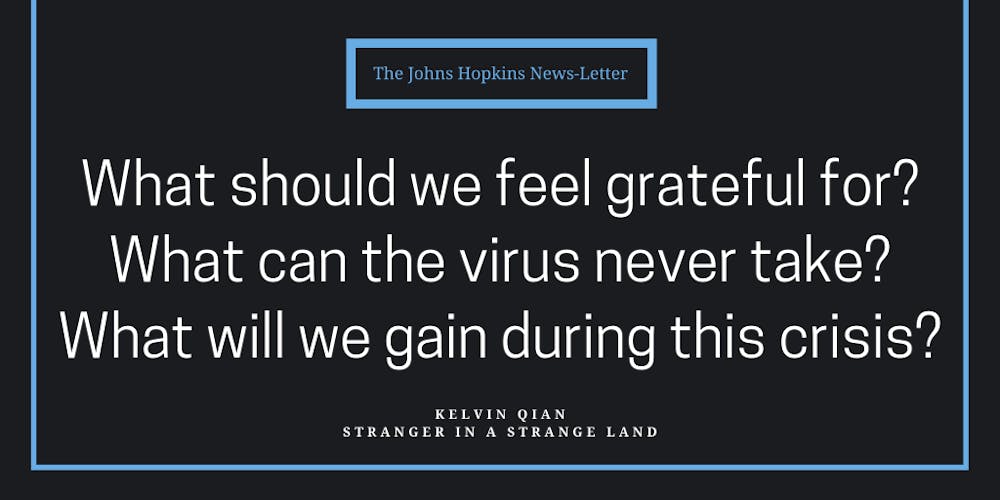
Senior set. Many dance groups do it — Eclectics, Korean Pop Motion, SLAM — as one of those college traditions filled with pride and mystery. At each annual dance showcase, the seniors of the club perform a special set of their own, the result of months of practicing in secret and a capstone to our four years at Hopkins.
This year it was time for the Eclectics Class of 2020 to hold our own senior set. It was going to be great: so many songs, so many dances, so much sheer awesomeness!
The excitement was there wherever we met, whether we were dancing at the Mattin Center at 8 a.m. or getting brunch at THB after. We spent many hours deliberating the final details of our transitions and costumes. We even planned on going to Sherwood Gardens to do our photoshoot, English tea party style.
But just as the pandemic devastated Eclectics at large, it also shattered senior set. At first we tried to pick up the pieces; even after our regular showcase was cancelled, we were adamant about keeping senior set. When most of us left Baltimore, we still hoped to come back before the end of April to practice and record a senior set video.
But as time went on, more and more of us realized the impossibility of these plans and dropped out. Soon the government of Maryland delivered its stay-at-home order, killing senior set once and for all.
Perhaps it was foolish of us to think that the show could go on. Going to your friend’s apartment to dance isn’t in anyone’s definition of social distancing. And perhaps it was just wrong to prioritize something so frivolous during these times of great suffering.
But none of us wanted to lose senior set, not when we seniors had already lost so much.
We lost the chance to say our goodbyes the moment we left campus. For most of us, we would never see our friends in person again, friends who share our love for song and dance, friends who have come to define us.
We lost our graduation ceremony, replaced by the facsimile of virtual commencement. To walk on stage to receive your diploma, to toss your caps with your friends and hug your parents with pride — for us, these are experiences that will never be.
For many of us, we lost our chances for stable employment and a secure future. The Great Recession inflicted so many scars on those graduating in its wake. Now it seems like we will share that fate just in time for our (virtual) graduation.
Some of us will lose more; some of us may lose someone to the virus itself. Some of us will lose less. But all of us will have lost something.
Is it not surprising that we cling so desperately to what we have left before that too is lost? Perhaps that was too much to ask for. Perhaps we are the unlucky ones, a generation lost.
On a busy fourth of July in 1939, baseball player Lou Gehrig walked onto the field for the last time, knowing that he would soon die from ALS. On that day, despite that fate, he declared that he was the luckiest man on the face of the Earth.
That quote intrigues me. Despite his fate he felt nothing but gratitude for what he had — his team, his friends, his fans and his passion.
What should we feel grateful for? What can the virus never take? What will we gain during this crisis?
We can say that leaders will step up and empaths will be born as people rise to help, understand and heal each other. That we’ve learned values needed to survive this crisis and prepare us for the next, values such as empathy, humility and strength. That our collective memory of this crisis will bring us together, much like how language and culture bond people, and that we will create community and forge an identity.
There are many answers, and perhaps none of them are good. They feel abstract compared to what we have lost.
But what will we tell our kids and grandkids when they ask about life during the crisis? We can say, “We are the class of 2020, the class of coronavirus, the class with no graduation and no senior set.”
But we can also say, “We are the class of 2020, and we were the luckiest class on the face of the Earth.”





